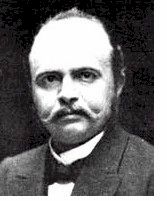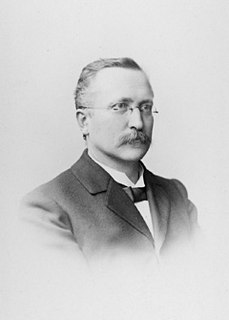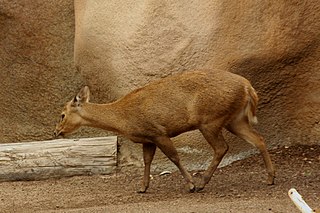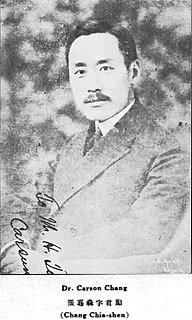
In some cultures, a surname, family name, or last name is the portion of one's personal name that indicates their family, tribe or community.

Orgone is a pseudoscientific concept variously described as an esoteric energy or hypothetical universal life force. Originally proposed in the 1930s by Wilhelm Reich, and developed by Reich's student Charles Kelley after Reich's death in 1957, orgone was conceived as the anti-entropic principle of the universe, a creative substratum in all of nature comparable to Mesmer's animal magnetism (1779), to the Odic force (1845) of Carl Reichenbach and to Henri Bergson's élan vital (1907). Orgone was seen as a massless, omnipresent substance, similar to luminiferous aether, but more closely associated with living energy than with inert matter. It could allegedly coalesce to create organization on all scales, from the smallest microscopic units—called "bions" in orgone theory—to macroscopic structures like organisms, clouds, or even galaxies.

Hans Spemann was a German embryologist who was awarded a Nobel Prize in Physiology or Medicine in 1935 for his discovery of the effect now known as embryonic induction, an influence, exercised by various parts of the embryo, that directs the development of groups of cells into particular tissues and organs.
Arnold Gehlen was an influential conservative German philosopher, sociologist, and anthropologist.

Hans Adolf Eduard Driesch was a German biologist and philosopher from Bad Kreuznach. He is most noted for his early experimental work in embryology and for his neo-vitalist philosophy of entelechy. He has also been credited with performing the first artificial 'cloning' of an animal in the 1880s, although this claim is dependent on how one defines cloning.
The term von[fɔn] is used in German language surnames either as a nobiliary particle indicating a noble patrilineality, or as a simple preposition used by commoners that means of or from.

Theodor Ludwig Wilhelm von Bischoff was a German physician and biologist.

Wilhelm Roux was a German zoologist and pioneer of experimental embryology.

Kaarst is a town in Germany. It lies in the district of Rhein-Kreis Neuss in North Rhine-Westphalia. It is 5 km west of Neuss and 12 km east of Mönchengladbach.
The German nobility and royalty were status groups of the medieval society in Central Europe, which enjoyed certain privileges relative to other people under the laws and customs in the German-speaking area, until the beginning of the 20th century.

Daniel is a masculine given name and a surname of Hebrew origin. It means "God is my judge", and derives from two early biblical figures, primary among them Daniel from the Book of Daniel. It is a common given name for males, and is also used as a surname. It is also the basis for various derived given names and surnames.

The Calamian deer, also known as Calamian hog deer, is an endangered species of deer found only in the Calamian Islands of Palawan province of the Philippines. It is one of three species of deer native to the Philippines, the other being the Philippine sambar, and Visayan spotted deer.

Carsun Chang (Shanghainese for, also known as Chang Chun-mai, was a prominent Chinese philosopher, public intellectual and political figure. Carsun Chang was a social democratic politician.

Lutzerath is an Ortsgemeinde – a municipality belonging to a Verbandsgemeinde, a kind of collective municipality – in the Cochem-Zell district in Rhineland-Palatinate, Germany. It belongs to the Verbandsgemeinde of Ulmen, whose seat is in the like-named town. Lutzerath is a recognized recreational resort (Erholungsort).

Emanuel Rádl was an original Czech biologist, historian of science, philosopher and a critical supporter of Masaryk´s pre-war democratic Czechoslovakia. He earned international renown by his works on the evolution of neural system and as historian of evolution theories.
Lebensphilosophie was a dominant philosophical movement of German-speaking countries in the late 19th and early 20th centuries, which had developed out of German Romanticism. Lebensphilosophie emphasised the meaning, value and purpose of life as the foremost focus of philosophy.
Johannes Justus Rein was a German geographer, author and traveler in East Asia. On the title page of each of his books, his name is given as either J.J. Rein or Johann J. Rein.
Angela von den Driesch was a German archaeologist and veterinarian. She was a professor and former director of the Institut für Paläoanatomie, Domestikationsforschung und Geschichte der Tiermedizin at the Ludwig Maximilian University of Munich.

Johannes Driesch was a German painter, graphic artist, ceramicist and book cover designer. His favorite subjects were his wife, Lydia, and their children.












